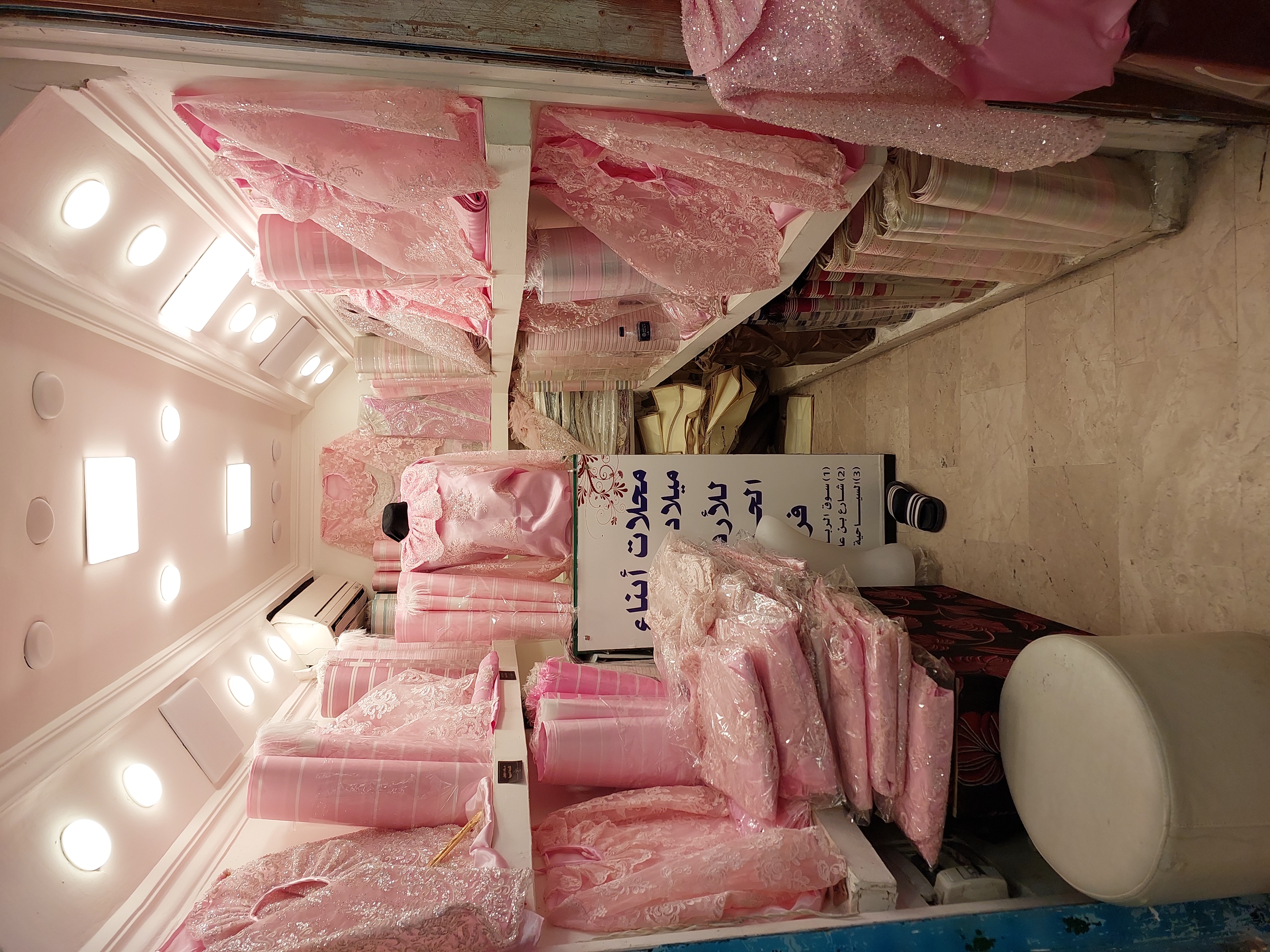Weather
Libya definitely has a cold and a hot season, however with its extreme desert climate, it is important to take into account that temperatures can very greatly from day to night, especially when in the Sahara. If you’re visiting Libya in the summer, it will be hot, and the further south you go, the hotter it gets! Winter is much milder, with days around 15-20 degrees Celsius.
Clothing
There is technically an official dress code where men should wear long trousers/pants, however it is not really enforced, and if you are travelling outside of Tripoli to ancient sites such as Leptis Magna then you can be very relaxed with what you wear.
For ladies, nearly all women you see in Libya will be wearing a headscarf of sorts. You technically don’t have to wear one, however you may feel more comfortable wearing one in public when in cities, as this will make you stand out less. Again though, once outside of Tripoli, and certainly at ancient sites and in any rural areas, you’ll be perfectly fine to take it off if you like.
In general, in hotter months cool loose clothing is advisable, and in the winter you will need to bring a jacket. If you are heading into the desert in winter, warm clothes will be necessary at night.
Footwear
Most of the sightseeing you will do in Libya will not be super intense on your feet, however for going through the ruins and walking through the cities we recommend good walking shoes like sneakers. If travelling in hotter months then sandals are also a good idea to keep your feet cool.
Luggage
As tours in Libya are quite strict, you will usually be transported from door to door with a private vehicle. This means you can bring big suitcases no problem – so long as you can carry it from a car to a hotel lobby, then all good.
When we leave Tripoli on our group tours, you may want to leave your suitcase in the hotel and take a smaller bag for a few nights.
Medicines
It is fine to bring prescription medications into Libya, so long as you have the prescription. It is however, pretty unlikely that you will have medications checked. Basic medications are available at pharmacies, but if you have any specific prescriptions then make sure you bring them with you, as those same medicines may not be available in Libya.
Cash
You will need to bring in all your spending money as cash with you to Libya. ATMs do not work with foreign cards at all, and so all of your spending money will need to be brought in. Euros are the most preferable currency, but you will also be able to exchange USD.
Notes must be in pristine condition with no tears or marks. They must also be new issue, especially for the USD.


